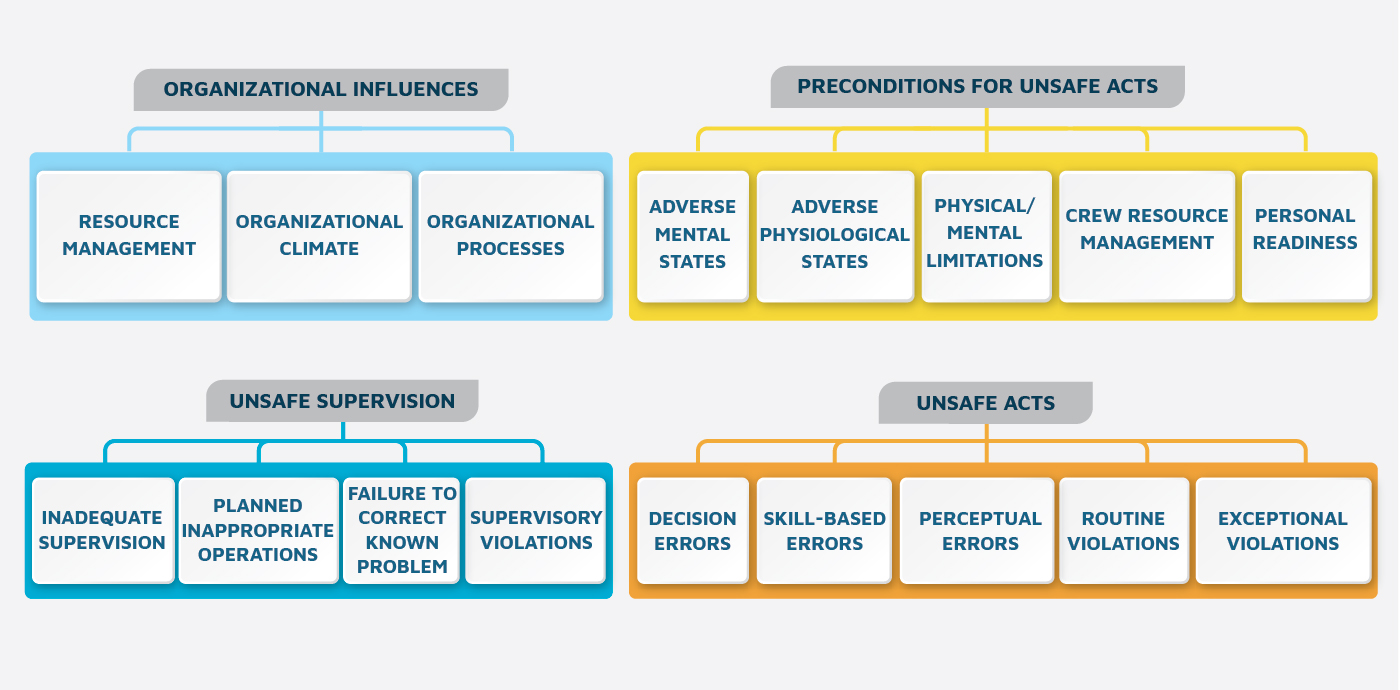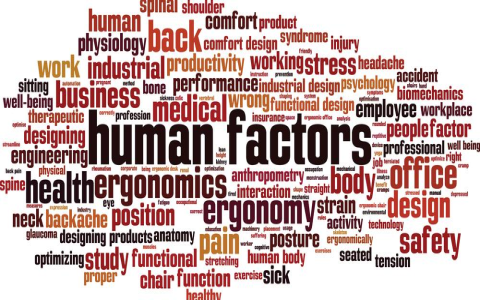Okay, here’s my blog post about the Human Factor Analysis and Classification System, written in the style you requested:

So, I’ve been messing around with this thing called the Human Factor Analysis and Classification System, or HFACS for short. It’s basically a way to figure out why accidents happen, especially in places like aviation or healthcare, where a little mistake can turn into a big disaster. At first, I was a little overwhelmed, not gonna lie.
Getting Started
First thing I did was try to understand what the heck this system is all about. It breaks down the reasons for an accident into different levels, starting from the top with organizational influences, then going down to unsafe supervision, preconditions for unsafe acts, and finally, the unsafe acts themselves. Sounds complicated, right? Well, it kind of is, but once you get the hang of it, it starts to make sense.
Digging into the Layers
- Organizational Influences: This is like, the big picture stuff. I spent some time looking at how a company’s culture, resources, and overall management style can create an environment where accidents are more likely to happen.
- Unsafe Supervision: Here, I looked at the role of supervisors. Sometimes they don’t provide enough guidance, or they might overlook some risky behaviors. That’s a big deal.
- Preconditions for Unsafe Acts: This was an interesting one. It’s about the conditions leading up to an error. Like, is the person tired? Are they distracted? Is the equipment faulty? These things matter.
- Unsafe Acts: Finally, the actual mistake. I realized this is often the result of everything else above. It could be a simple slip-up or a bad decision. But you’ve gotta see how it fits into the bigger picture.
Putting It All Together
After going through all these layers, I started to see how they connect. It’s like a chain reaction. Bad management practices can lead to poor supervision, which creates the conditions for someone to mess up, and boom, you’ve got an accident.
I then tried to apply HFACS to some real-world examples. I found a few case studies online and started analyzing them using the framework. Let me tell you, it was eye-opening! Suddenly, I could see the underlying causes of accidents that I would have missed before. I even practiced it a few times and it was getting easier.
My Takeaway
This whole HFACS thing is pretty powerful. It’s not just about blaming someone when something goes wrong. Instead, it helps you figure out the root causes so you can prevent it from happening again. I’m definitely going to keep using this in my work. I think anyone who’s serious about safety should give it a try. It really changes the way you look at accidents and how to prevent them.

I might write more about this later, but for now, I’m pretty stoked about what I’ve learned. It’s been a bit of a brain workout, but totally worth it. Stay safe out there, folks!
